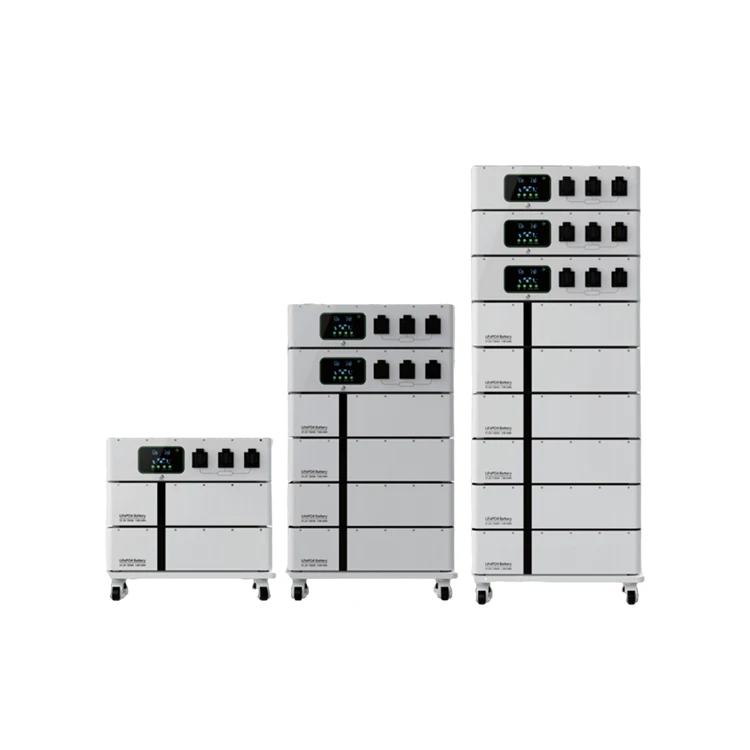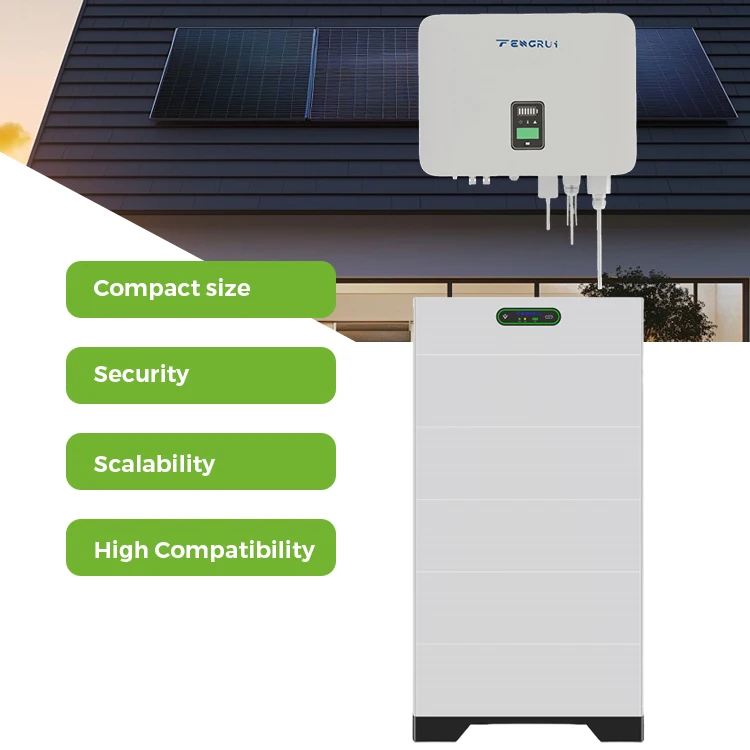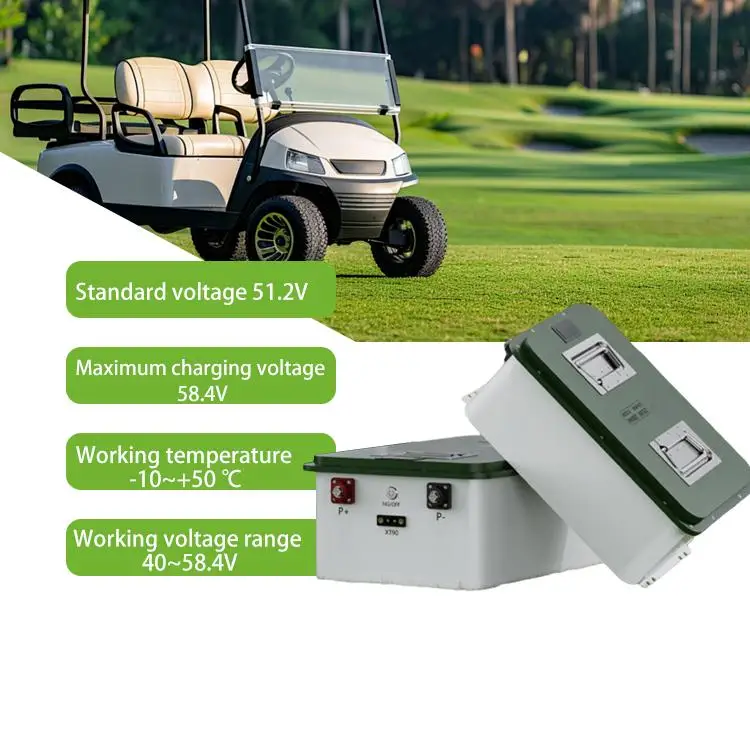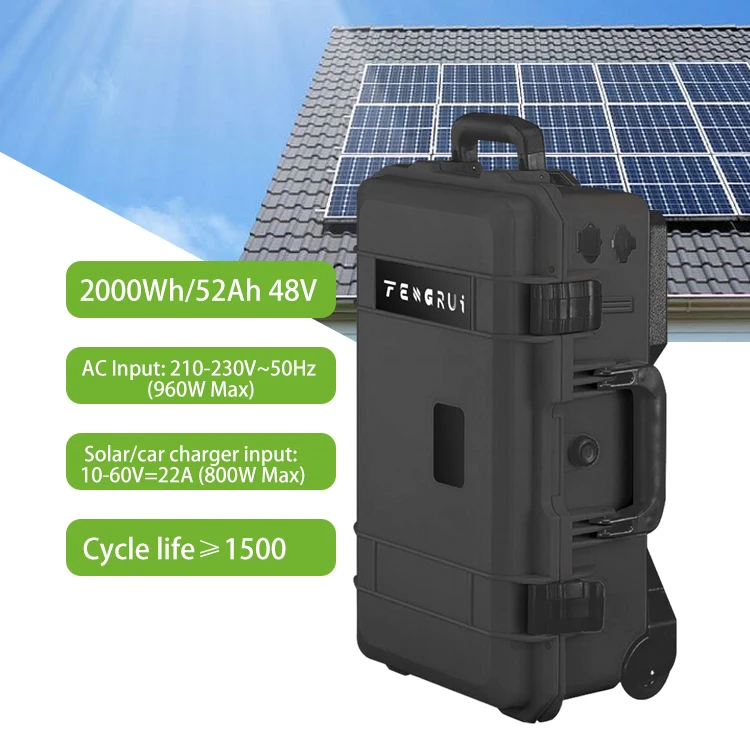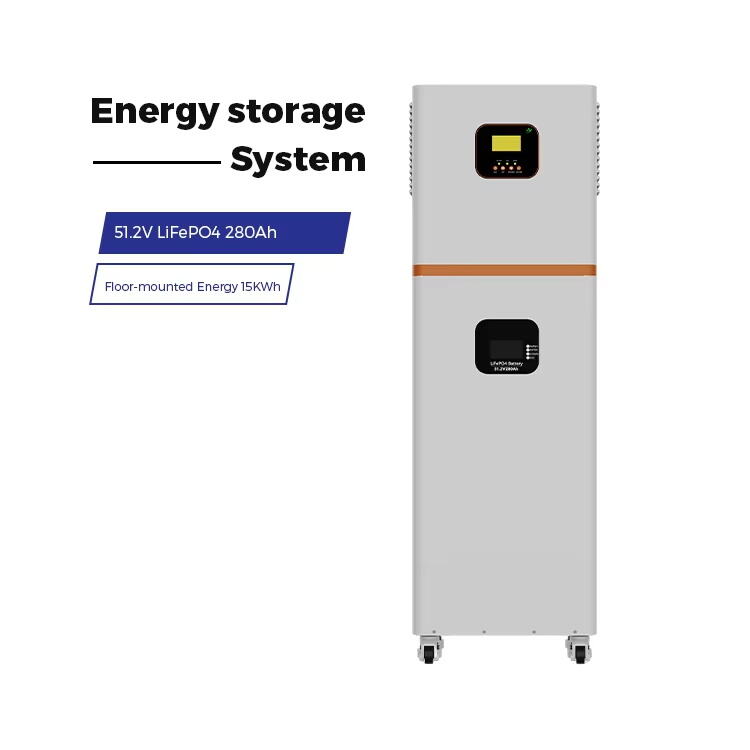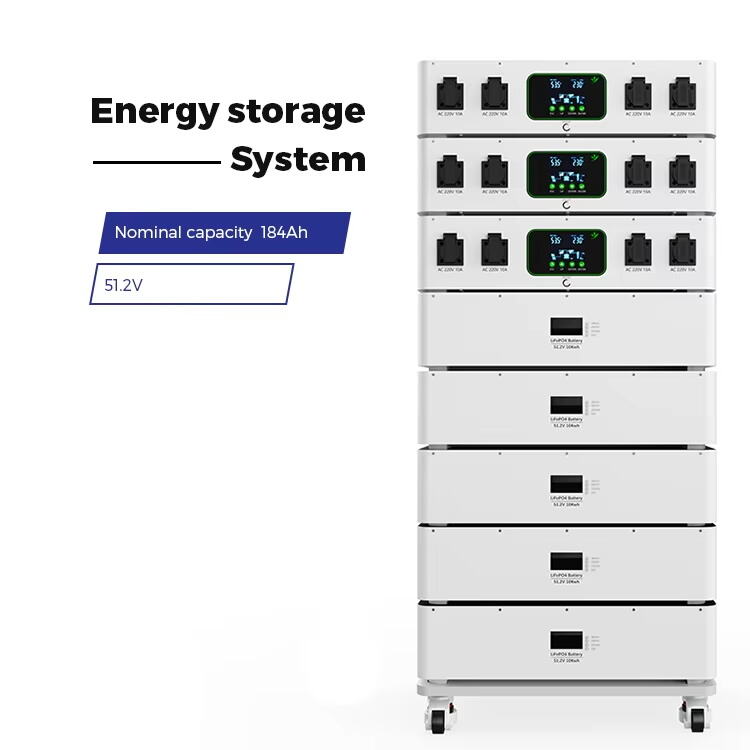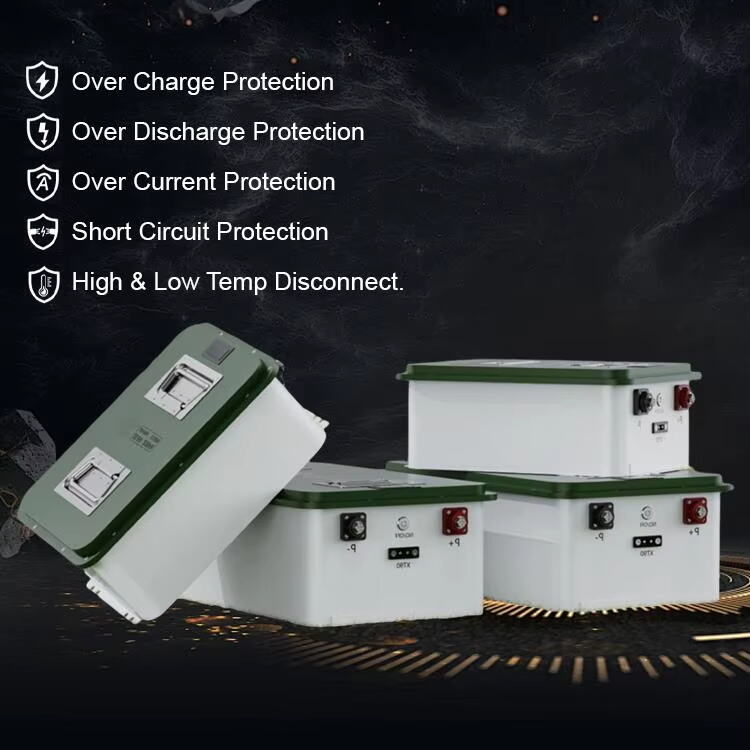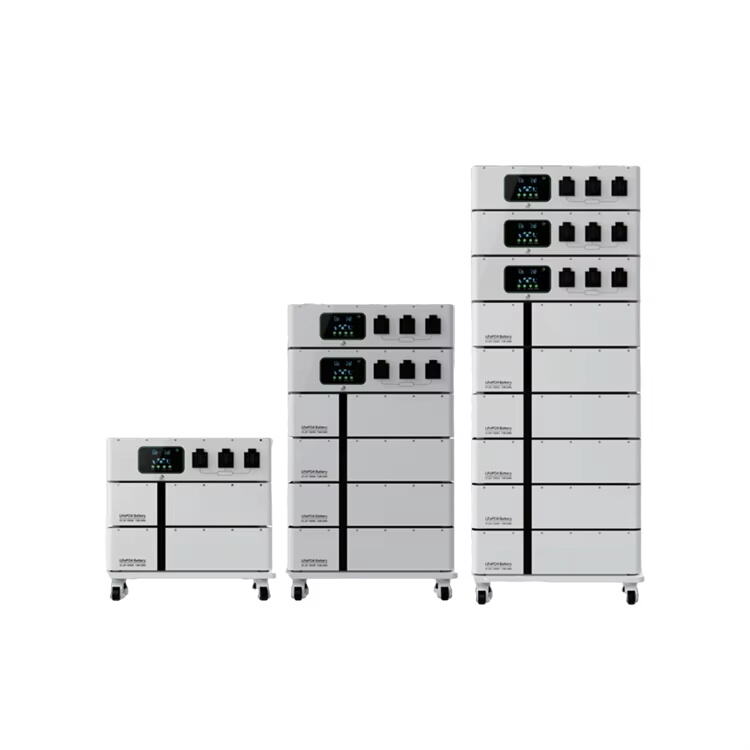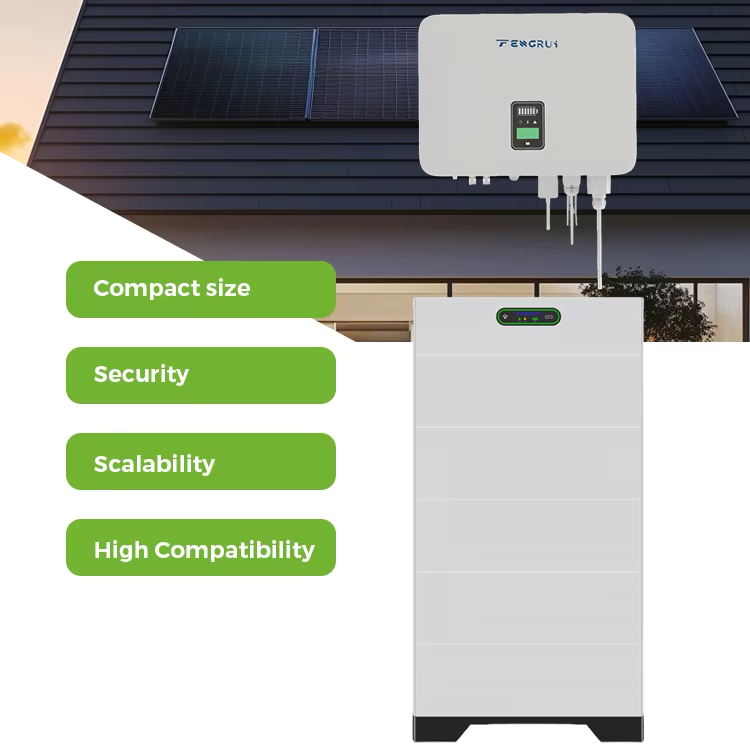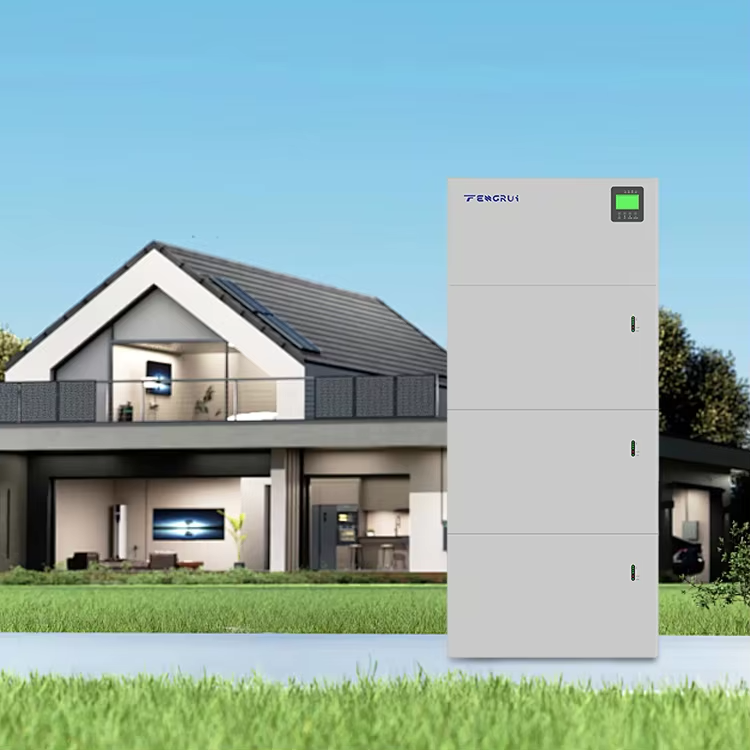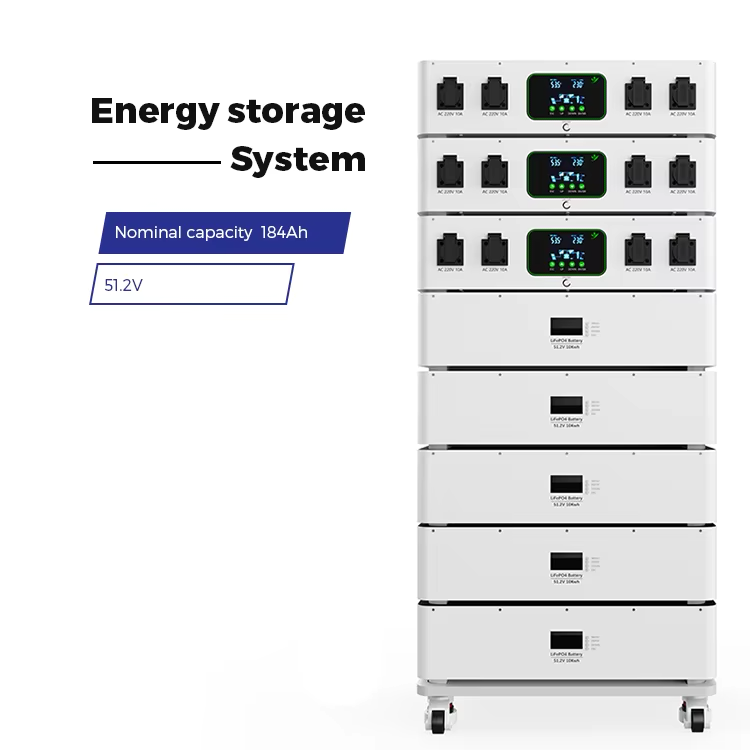solar power with battery storage
Solar power with battery storage represents a revolutionary advancement in renewable energy technology, combining photovoltaic systems with advanced energy storage solutions. This integrated system captures solar energy during daylight hours and stores excess power in batteries for use during nighttime or cloudy conditions. The technology consists of solar panels, power inverters, charge controllers, and high-capacity batteries, typically lithium-ion or lead-acid. These components work together seamlessly to ensure consistent power supply, regardless of weather conditions or time of day. The system converts solar energy into electrical power, which can either be used immediately or stored for later use. Modern battery storage systems include sophisticated monitoring capabilities, allowing users to track energy production, consumption, and storage levels in real-time through smart devices. Applications range from residential installations providing home energy independence to commercial systems supporting business operations and industrial-scale implementations powering large facilities. The technology has proven particularly valuable in remote locations where grid connection is unreliable or unavailable, and in areas prone to power outages. With advancing technology, these systems now offer greater storage capacity, improved efficiency, and longer battery life, making them an increasingly attractive option for sustainable energy management.

